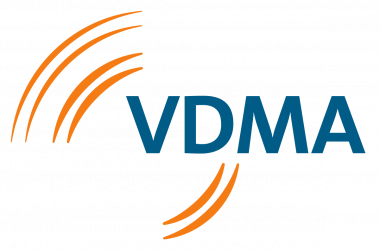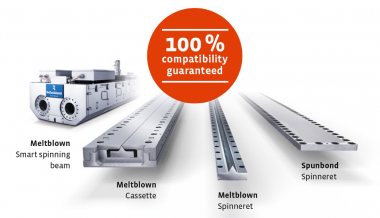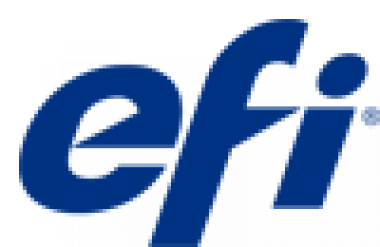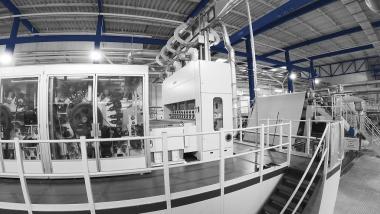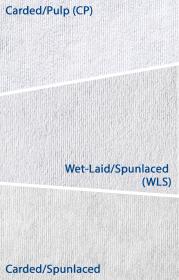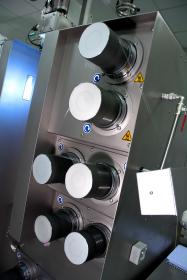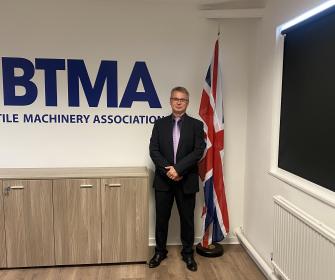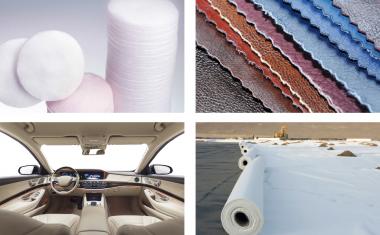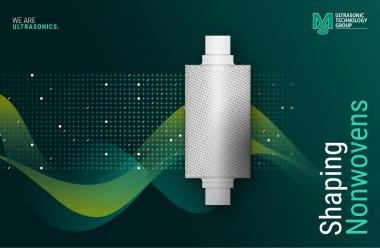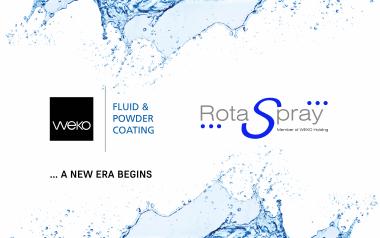FET hails INDEX20 impact
Fibre Extrusion Technology, UK is celebrating a successful INDEX20 nonwovens exhibition in Geneva, Switzerland, which closed on 22 October. Although the company has a long history in supplying meltspinning equipment for the nonwovens sector, this represents its first venture at a dedicated nonwovens show.
FET’s Managing Director, Richard Slack explains. “Techtextil and ITMA have previously been our main exhibitions of choice, but INDEX20 was an ideal vehicle for FET to launch our new laboratory scale spunbond system, which enables client development of nonwoven fabrics in a number of formats and polymers.”
FET already has spunbond systems in the field, including composite systems which utilise both spunbond and meltspun functions. The growth in global nonwovens technology, partly driven by demand for pandemic-related materials, is forecast to continue.
“We were delighted with the response at INDEX”, continued Richard Slack. “There was considerable interest shown in the new spunbond system and its potential for lab scale innovation. It’s clear that the industry is seeking new alternatives to synthetics at the moment, and our technology is able to assist with the testing and assessment of many of the new feedstocks being pioneered in this extremely inventive sector, where everyone is suddenly talking and cooperating with everyone else, regardless of whether they are generally competitors. We recorded in excess of 20 serious enquiries from totally new contacts and sectors, including blue chip companies in the hygiene, medical and packaging industries.”
“There were initial concerns about projected attendance figures, especially from China and USA companies, but we experienced good footfall from key decision makers, especially those from Europe. It was encouraging to at last experience the opportunity for face-to-face contact with old and new customers on a large scale and we are now starting to reap the benefits with enquiries continuing to flow in”.
Fibre Extrusion Technology





